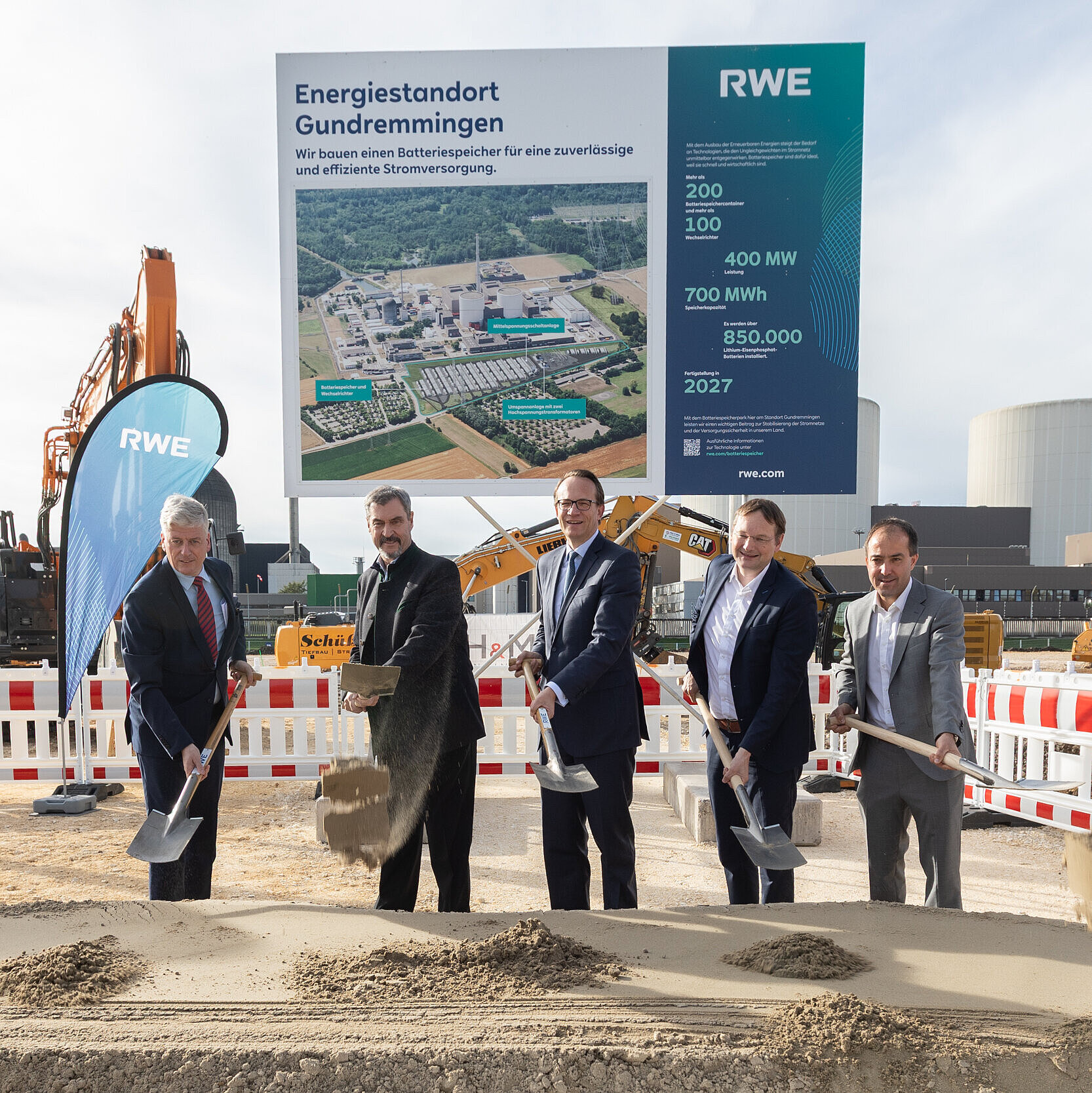Climate pact clears final hurdle
22.05.2024
Source: Energy & Management Powernews
The EU Council of Ministers has put the finishing touches to the reform of the electricity and gas markets, the final instruments for implementing the European "Green Deal".
In Brussels, the ministers adopted the gas market package presented by the Commission in December 2021, including regulation for hydrogen markets and renewable gases, as well as the reform of the electricity market. The latter was proposed by the Commission in March 2023 in response to the upheavals in the energy industry. The Council of Ministers and the European Parliament reached a final agreement on both packages in December last year.
The Union is now better prepared for future crises, said the Belgian Council President, Tinne van der Straeten. In a statement, the Commission underlined the EU's determination to continue the transition to zero-emission energy production, increase security of supply and better protect consumers. The reforms would lead to more investment in clean energy and thus make an important contribution to the competitiveness of European industry.
The electricity market reform offers consumers more options, more information and more predictability with regard to their energy costs. According to the Commission, the new rules for the gas market ensure that gas, including hydrogen, can circulate freely in the internal market. In future, member states would have the option of preventing or limiting gas imports from Russia and Belarus.
Transition from natural gas to hydrogen by 2050
The most important goal of the electricity market reform is to accelerate the expansion of emission-free electricity generation in order to become independent of fossil fuels more quickly. In future, the sole instruments for promoting both renewable and nuclear energy will be contracts for difference (CfDs) and long-term power purchase agreements (PPAs).
In future, consumers who do not pay their electricity bills cannot be disconnected from the grid. Tenant electricity and other "energy sharing projects" will be facilitated. The Council of Ministers, in consultation with the Commission, can declare an energy crisis if prices rise sharply. The member states can then take measures to relieve the burden on consumers.
In the gas market, the regulatory conditions for the transition from natural gas to a hydrogen economy will be created. Specific rules will apply to the transportation, storage and supply of hydrogen, but these will be based on the regulation of the natural gas markets. The aim is a frictionless transition from natural gas to hydrogen. This should be completed by 2050. Supply contracts for natural gas will therefore be limited to 2049.
Further joint gas purchasing
The expansion of the infrastructure for natural gas and hydrogen is to be coordinated and transparent. To this end, the operators of the natural gas and hydrogen networks are to submit a 10-year plan for the development of the pipeline networks. The member states will be allowed to support the development of the hydrogen economy through targeted measures.
The joint purchasing of natural gas on the world market, which was initially only introduced temporarily in order to use the EU's buying power more effectively to overcome the bottlenecks that occurred last year, will now become a permanent institution. The platform set up by the Commission, through which purchase orders from the member states are bundled ("aggregated"), will thus become permanent.
Both legislative packages will now be published in the EU Scoreboard. Individual regulations will then come into force over the next few months, while others will have to be transposed into national law by the member states.
Need for improvements to capacity and output markets
The VKU welcomed the "balanced" update of the electricity market design. The basic mechanisms of the market remain intact and revenue absorption is not planned. The standardization and simplification of the PPAs will make it easier for member states to promote generation from renewable energies.
VKU Managing Director Ingbert Liebig sees a need for improvement in the regulation of capacity and power markets: "We need simple regulations to meet the need for controllable power plants through systems to support flexibility in the energy system." Especially as an agreement on a capacity mechanism is not foreseeable in Germany.
In gas market regulation, it was possible to prevent the separation of the gas and hydrogen distribution networks that the Commission was aiming for. This is a great success for the municipal sector: "Municipal utilities and the municipal sector in Germany can now support the important hydrogen ramp-up." What matters now is swift implementation. The European regulations, the Energy Industry Act and the regulatory framework must be "synchronized" with each other.
Author: Tom Weingärtner
You might also be interested in



